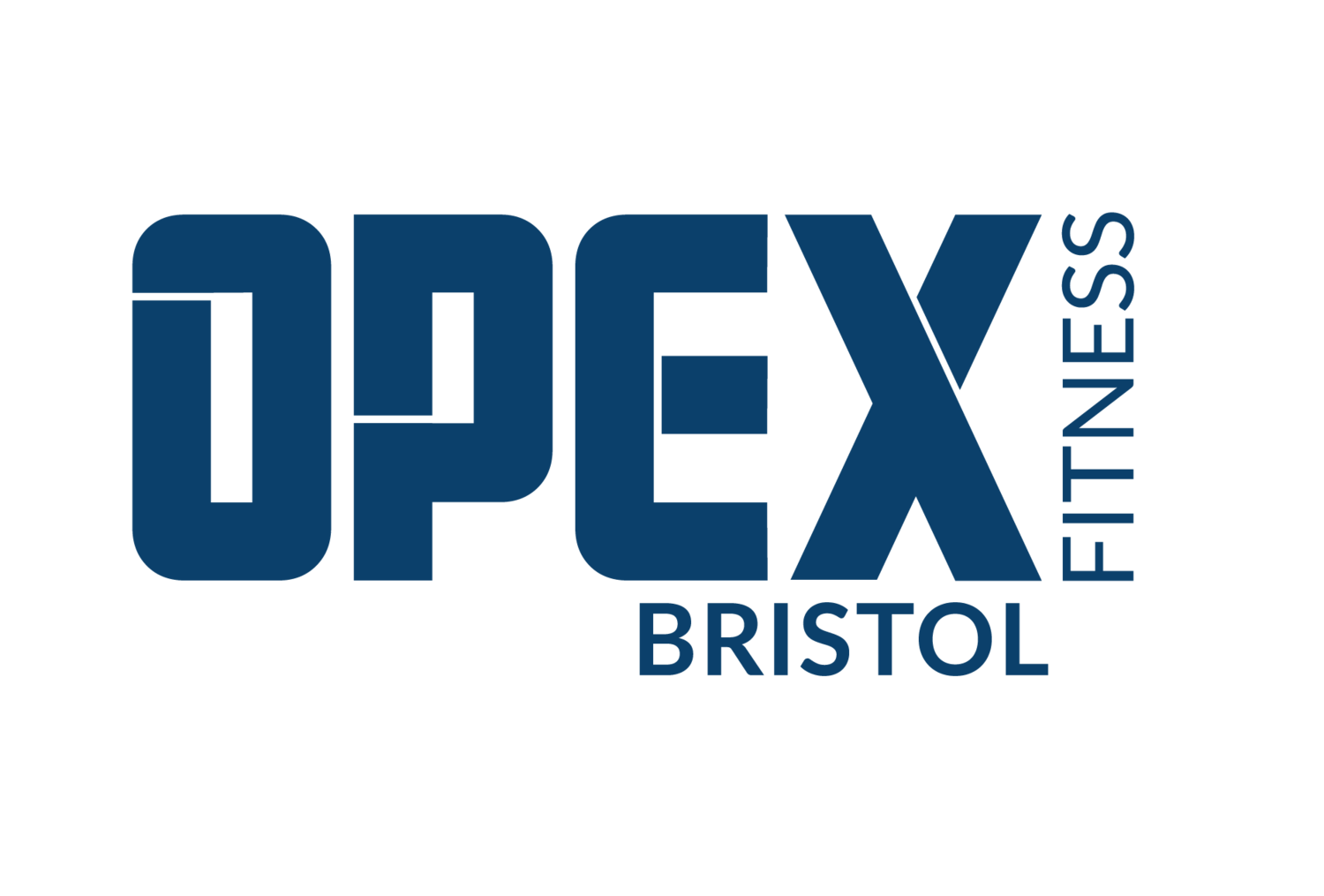Fats, what you need to know.
Fat is an essential nutrient for human survival. Fat supplies us with energy, allows other nutrients to do their jobs, protects organs, is a building block of hormones and even improves digestion.
So when did fat become so bad for you?
Previously fat was targeted as a culprit in the rise of obesity and heart disease, and although multiple studies have come out to prove this correlation was in no way causative, people can’t get over how simple it is to think fat makes you fat.
There are bad fats, but it’s important to know what is essential for thriving and what should be restricted.
Good Fats:
Polyunsaturated fats
These fats include the ESSENTIAL fatty acids omega 3 + 6. Polyunsaturated fats have been shown to be good for heart health and overall well-being:
Sources:
Walnuts
Sunflower seeds
Flax seeds or flax oil
Fish, such as salmon, mackerel, herring, albacore tuna, and trout.
Soybean oil
Safflower oil
Olive Oil
Monounsaturated fats
These fats have been shown to reduce “bad cholesterol” (more on this in the future). Monounsaturated fats are also important for cell function and absorption of fat-soluble vitamins, like vitamin E.
Sources:
Nuts.
Avocado.
Canola oil.
Olive oil.
Safflower oil (high oleic)
Sunflower oil.
Peanut oil and butter.
Bad Fats:
Trans Fats
These fats have been shown to have a more detrimental effect on your health. There are 2 types of trans fats, naturally occurring and man-made. You can find naturally occurring trans fats in meats (although in small amounts), where are the more detrimental man-made trans fats are found in hydrogenated oils and other products that have been processed to improve shelf life.
Sources:
Cakes, pies, and cookies
Biscuits
Breakfast sandwiches
Margarine (stick or tub)
Crackers
Microwave popcorn
Cream-filled candies
Doughnuts
Somewhere in between:
Saturated Fats
Sometimes saturated fats are touted as bad, and the can be eaten in excessive amounts. However quality natural sources (non-man-made sources) eaten as part of a balanced diet are unlikely to be detrimental to your health.
Sources:
Dairy foods – such as butter, cream, ghee, milk, and cheese.
Meat – such as fatty cuts of beef, pork and lamb, processed meats like salami, and sausages
Lard
Fat is far from all bad and should be a staple in a healthy diet. As with anything in nutrition, its probably best to eat organic, unprocessed foods, chew your food mindfully and be aware of satiation.
There is no right diet, some do well on low(er) fat and some do well of high(er) fat diets. It always comes down to the individual, where the currently sit and where they want to go.
